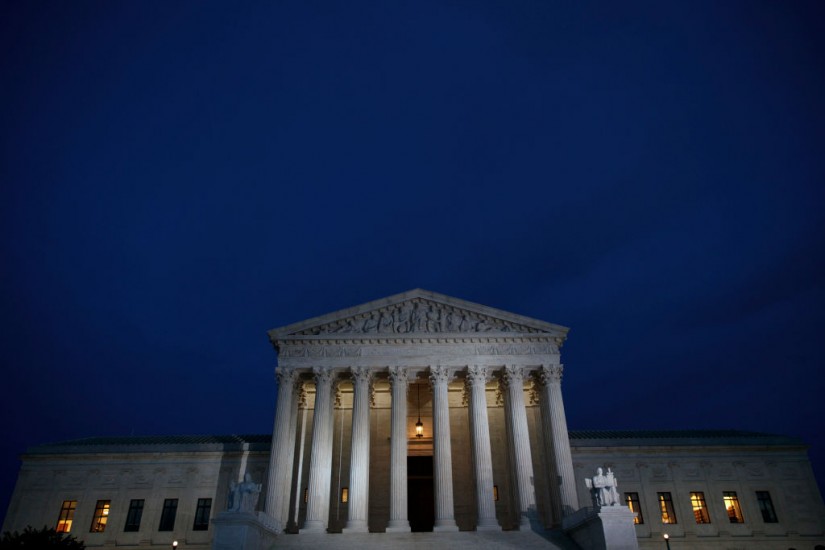Finkelman specializes in American legal history, slavery and the law, constitutional law, and race and the law. His new book, Supreme Injustice, tells the story of three United States Supreme Court Justices — John Marshall, Joseph Story, and Roger B. Taney — and their “slavery jurisprudence.” Each of these men, Finkelman argues, differed in background and methodology but shared the belief that antislavery agitation undermined the legal and political structures instituted by the Constitution. Had they aligned their operative principles with the ideals of liberty, equality, and justice enshrined in the Declaration of Independence, liberty rather than racism and oppression might have defined antebellum America.
Finkelman insists that the legacy of Marshall, Story, and Taney had enormous implications for the state of the nation, strengthening the institutions of slavery and embedding in the law a systemic hostility to fundamental freedom and basic justice. These are strong allegations, attributed to only three individuals. Yet the evidence adds up.
Start with Marshall, a perennially celebrated figure who, unlike many of his generation, in particular his occasional nemesis Thomas Jefferson, has escaped scrutiny on matters of race and slavery. Finkelman submits that scholarship on Marshall is “universally admiring” — an overstatement perhaps, but one that underscores the prevalence of the mythology Finkelman hopes to dispel.
Finkelman emphasizes Marshall’s “personal ties to slavery” and “considerable commitment to owning other human beings.” He combs through numerous records and presents ample data to establish that Marshall, a life member of the American Colonization Society, “actively participated in slavery on a very personal level.” Finkelman then turns to Marshall’s votes and opinions in cases, several of which challenged state laws and rulings that freed slaves. In fact, Marshall would go so far as to overturn the verdicts of white Southern jurors and the judgments of white Southern judges who, in freedom suits, sided with slaves and against masters.
Marshall could be an ardent nationalist attempting to effectuate the supremacy of federal law. One is therefore tempted to attribute his rulings against state laws in cases about slavery to his longstanding desire to centralize federal power. But that is only part of the story. Finkelman brings to light exceptions, including when Marshall selectively deferred to state law if doing so meant that slaves remained the property of their masters. Finkelman highlights these decisions to show that Marshall was hypocritical, compromising his otherwise plenary nationalism to ensure that contractual and property arrangements regarding slaves were protected by law.
Story was also a nationalist, having evolved from Jeffersonianism to anti-Jeffersonianism and eventually becoming Marshall’s jurisprudential adjunct. Unlike Marshall, however, Story could sound “like a full-blown abolitionist.” His opinion in United States v. La Jeune Eugenie (1822) was “an antislavery tour de force,” decrying slavery and the slave trade as “repugnant to the natural rights of man and the dictates of judges.”
